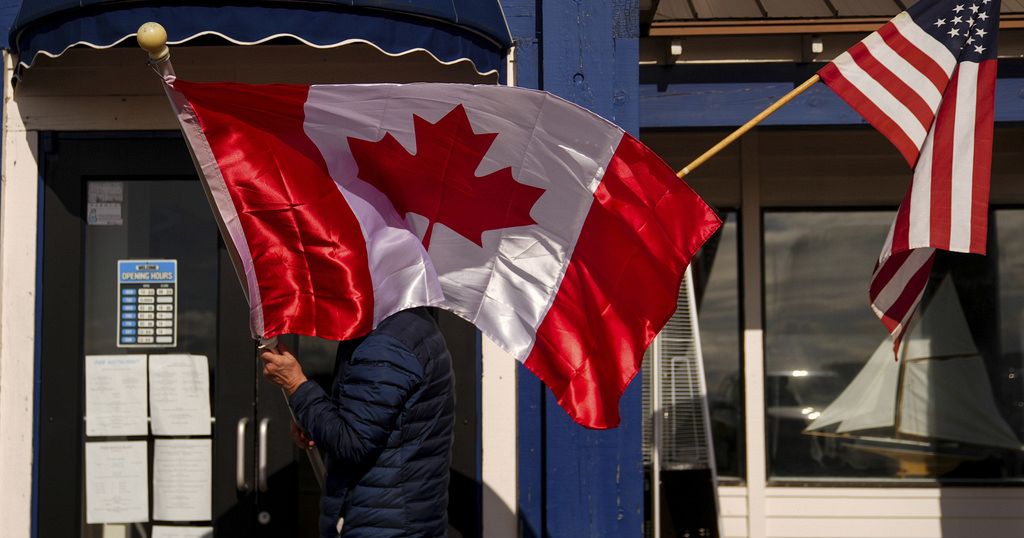Visa fraud is on the rise in many developed countries. Strict immigration rules have led vulnerable immigrants to seek advice from fraudulent visa advisors.
In recent years, visa scams have skyrocketed in Canada. According to a report by the Canadian Immigration Bar Association (CILA), in the first six months of 2024, Canada rejected more than 52,000 temporary residence applications due to misrepresentation, including alleged fraud. This is compared to just 46,000 applications rejected in all 2023.
The growing number of frauds is also affecting Africa. The government visa scheme, which recruits French-speaking workers to Canada, is the latest target for so-called “ghost consultants.”
French-speaking visa schemes are corrupted.
Canada first launched its French-speaking mobility scheme in 2019. The aim is to ensure the survival of the country's minority languages by increasing the number of French-speaking immigrants.
Following the expansion of the program in 2023, authorities expect nearly 80,000 French-speaking residents from Africa to migrate to Canada by 2027, according to data from Immigrants, Refugees and Citizenship Canada (IRCC).
Criminals are using new gateways. Promising to guarantee visas at record time, the con artists will fawn as a professional immigration consultant, captivate victims with online ads.
According to the RFI, some victims report claims over $15,000 were charged before the perpetrator disappeared into the thin air.
Marie wanted a better life for her family.
One victim used a pseudonym and Marie told RFI about her experience. Marie is from a French-speaking African country and wanted to move to Canada for a better life for herself and her family.
In 2024, Marie met a “Ghost Consultant” on Facebook.
“He kept insisting how quickly I needed to send money. He assured me that the Canadian government was looking for a profile like me, and that the faster I sent money, the faster I would sign documents and get a residence,” she said.
Once the money was transferred, the scammer blocked Marie on all apps, leaving her deep without financial debt and visa.
Global issues.
Canada is far from the only developed country where immigration-related fraud is on the rise.
In the UK, the Guardian said that post-Brexit visa scheme to fill social care vacancy was misused by fraudulent care companies.
The US has also seen a surge in visa fraud as the number of immigration fraud complaints more than doubled between 2023 and 2024, according to Federal Trade Commission data shared with the Washington Post.
Scammers prey on immigrant despair.
Darren Penner, Canadian immigration lawyer for Bourton Act, says stricter immigration laws encourage fraud.
Desperation is an integral part of visa fraud as fraudsters exploit the desires of vulnerable immigrants to start a better life abroad.
In French-speaking West Africa, economic considerations such as “finding jobs,” “economic difficulties,” “poverty,” and “better business outlook” are the most important reasons to confirm immigration, according to Afrobarometer research.
Government response to visa fraud.
The government has begun cracking down on immigration fraud. Last year, Canada introduced strict penalties for fraudulent immigration consultants who support fraudulent applications for fraudulent fraudsters, including fines of up to $1.5 million.
Last year, the G7, which includes the UK and the US, launched its first global fraud summit, resulting in a four-point framework to combat fraud. Under the pledge, the state commits to strengthening law enforcement cooperation, improving support for victims, and enhancing intelligence sharing.


